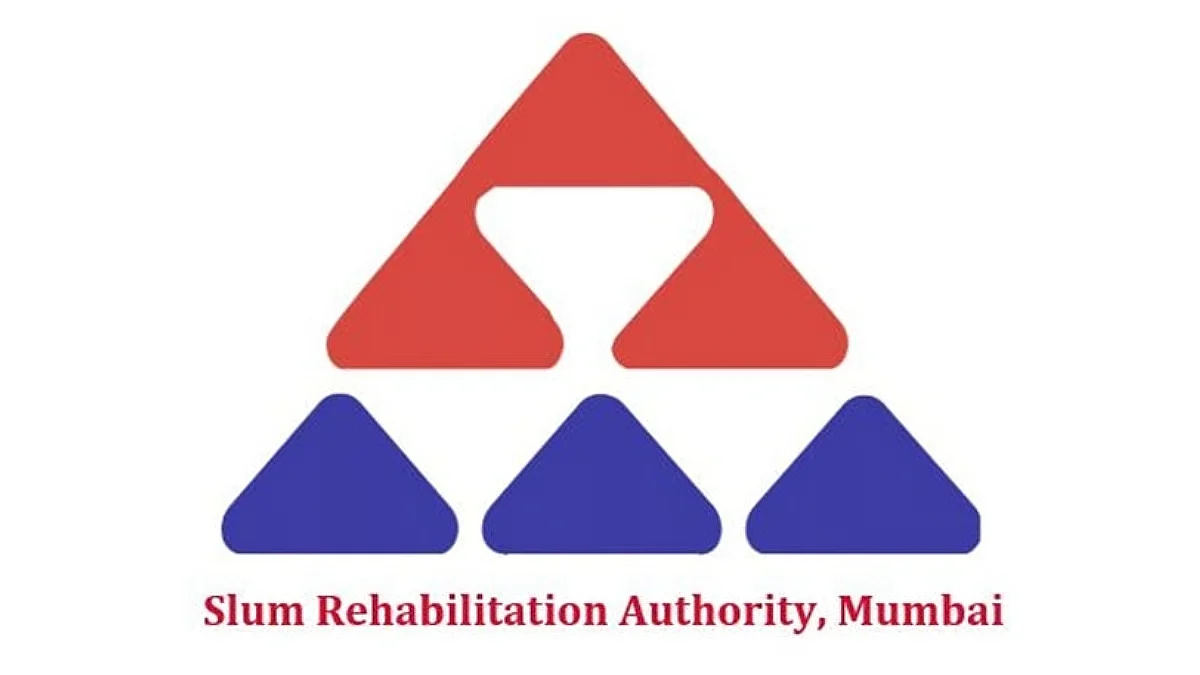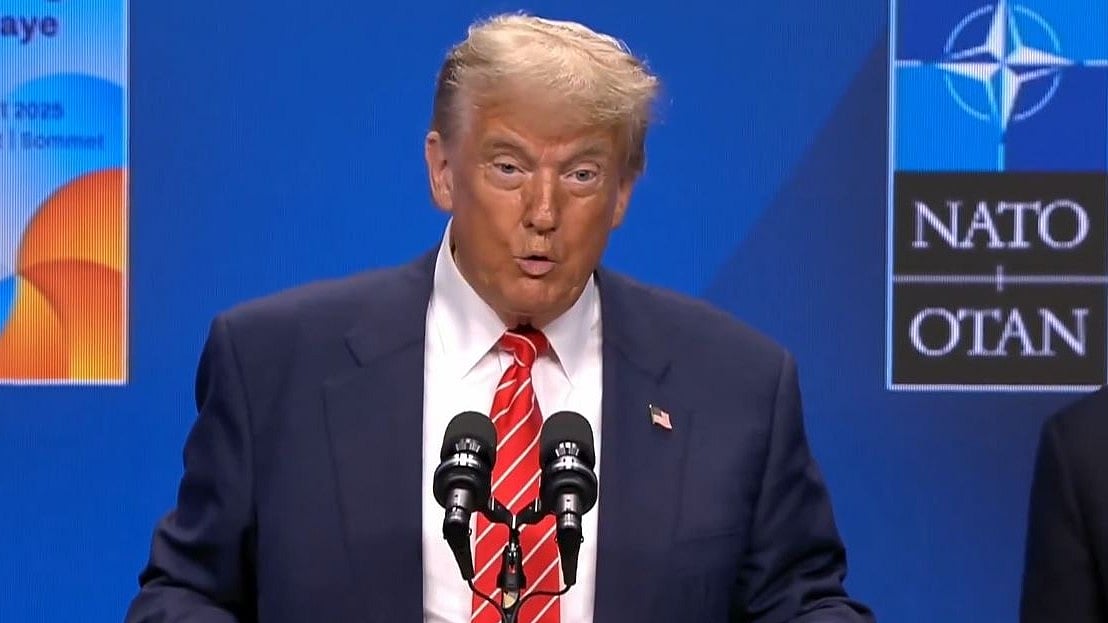Mumbai: In a major relief for loan borrowers, the Reserve Bank of India (RBI) has announced that no prepayment or foreclosure charges will be applied on floating-rate loans taken for non-business or personal purposes.
What’s Changing?
The RBI has introduced new guidelines called the "RBI (Levy of Charges for Loans) Directions, 2025". According to these, banks and other regulated lenders cannot charge any fees if a borrower decides to repay their loan early—whether in part or in full.
These rules will apply to all loans sanctioned or renewed on or after January 1, 2026. Importantly, there is no lock-in period, meaning borrowers can repay anytime without penalty.
Who Must Follow This Rule?
The rule applies to:
- Commercial banks (except payment banks)
- Cooperative banks
- NBFCs (Non-Banking Financial Companies)

All India Financial Institutions
Even loans with or without co-borrowers are covered under this new regulation.
Applicable to Floating-Rate Loans Only
The benefit is limited to floating-rate loans (where interest rates change over time). The rule also covers dual-rate or special-rate loans that start with fixed rates but later become floating.
For loans with fixed rates, lenders may still charge prepayment fees. However, these charges must be clearly stated in the loan agreement and sanction letter.
Transparency Is a Must
If charges are applicable, lenders must fully disclose them in the loan documents and Key Fact Statement (KFS). No hidden or retrospective charges will be allowed. Also, if the loan is prepaid due to lender’s own decision, no charges can be taken.
Why This Step Matters
RBI found that some lenders added restrictive terms in loan contracts to stop borrowers from switching to better loan offers. These new rules aim to stop such practices and increase consumer confidence in the lending system.











